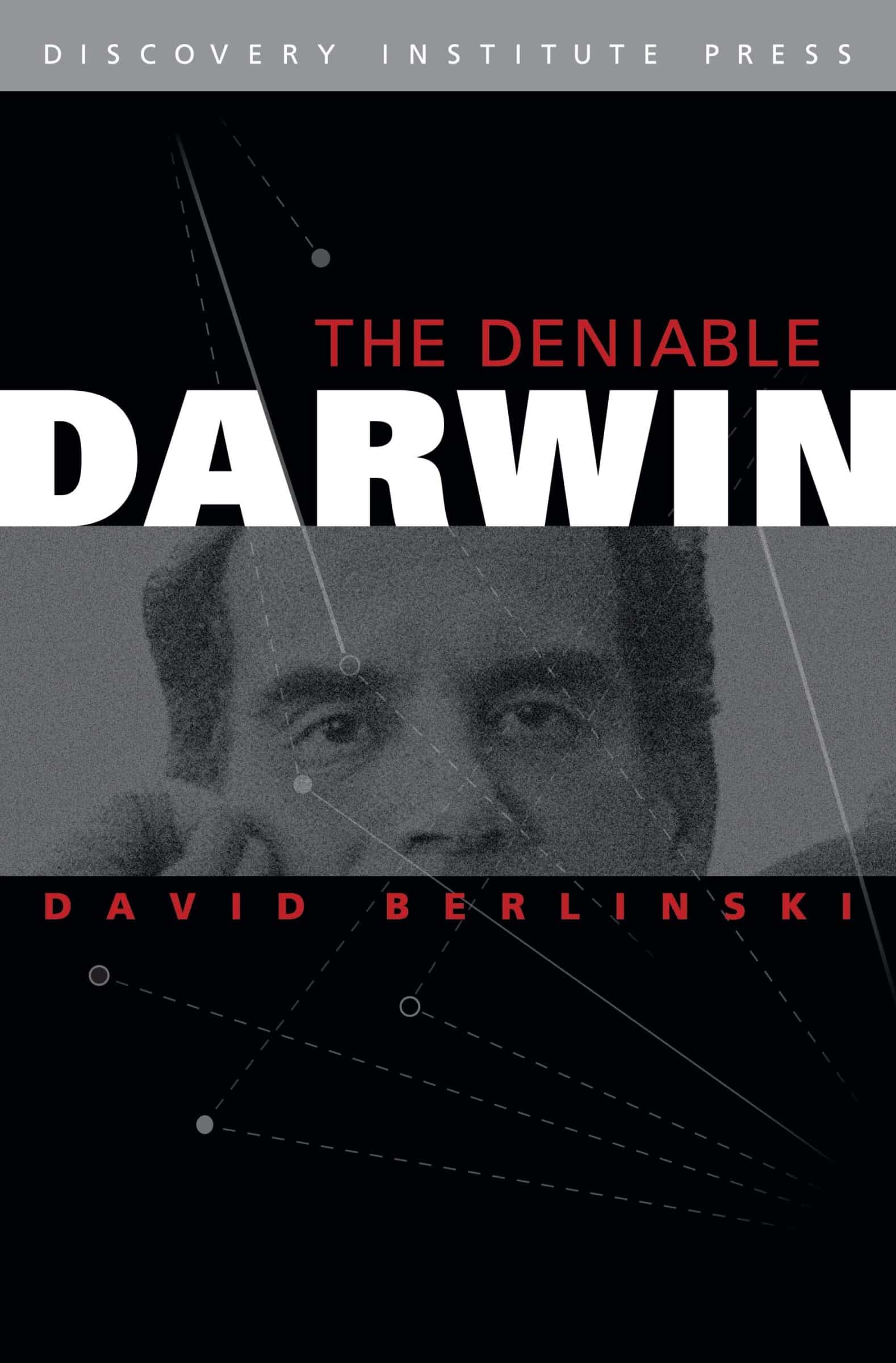I recently received an email asking if the correspondent correctly understood my views about intelligent design and God. Since I sometimes get similar questions, I’m posting this correspondence for anyone who is interested.
Q: I understand your current position to be that design is detectable in nature, and that design detection is not merely a theological gloss upon the scientific facts, but is actually an activity appropriate for science. I further understand you to be saying that design detection in itself is neutral regarding the way that the design found its way into nature. Thus, if the bacterial flagellum is designed, it *could* be that God took a regular bacterium and miraculously “tweaked” it, or it *could* be that God “front-loaded” the evolutionary development of the bacterial flagellum, in a manner similar to that suggested by, say, Michael Denton. Design detection as a science cannot rule on these things; all that it can show is that Darwinian mechanisms, all by themselves, could not have produced integrated structures such as the flagellum. If there was not direct intervention (tweaking, guiding, steering, etc.) or advance planning (“front-loading”), neo-Darwinian processes would never have been able to produce all the complex varieties of living things that we see today. Have I got your current position correct?
Me: Yes, that’s exactly right.
Q: Then there is the question whether your views have changed over the years. Someone I know claims that in your early writings and early conference appearances, you said directly, or gave the strong impression, that some things (A, B, C …) were brought about by wholly natural processes, whereas other things (X, Y, Z …) were brought about by design (the implication being that “designed” in your early thought was opposed to “natural”). My acquaintance’s picture of Behean evolution would then be something like this: evolution in the early oceans chugs along on its own, via neo-Darwinian and other stochastic processes, as various sorts of marine worms and sponges and so on develop. But then, during the Cambrian Explosion, God takes a direct hand and literally reshapes marine worms into 30 or so new phyla, after which things go on by natural means again, until the next limit is reached, and God has to disrupt the normal flow of nature again (maybe to create land animals, or mammals, or birds, or man). Thus, there would be a jerky, stop-and-start sort of evolution, with chance/natural law causes alternating with fits of miracles. So, looking at any given creature, science would have to say things like: “Human lungs — evolved by blind mechanisms from primitive air bladder; human camera eye — required special intervention from intelligent designer; bacterial cell walls — evolved by blind chemical mechanisms; bacterial flagellum — was made by a bolt of divine lightning.” Etc. Given this understanding of your views, one can see why my acquaintance or other TEs would characterize ID as “God of the gaps” reasoning. My question is: Was it *ever* your view that ID *required* such a jerky view of evolution, and more generally that it required miraculous intervention (breaking the causal nexus, violating the laws of nature)? Or was it always the case that your view *allowed for* jerky, stop-and-start evolution, and *allowed for* miraculous intervention, but did not *require* these things?
Read More ›







































